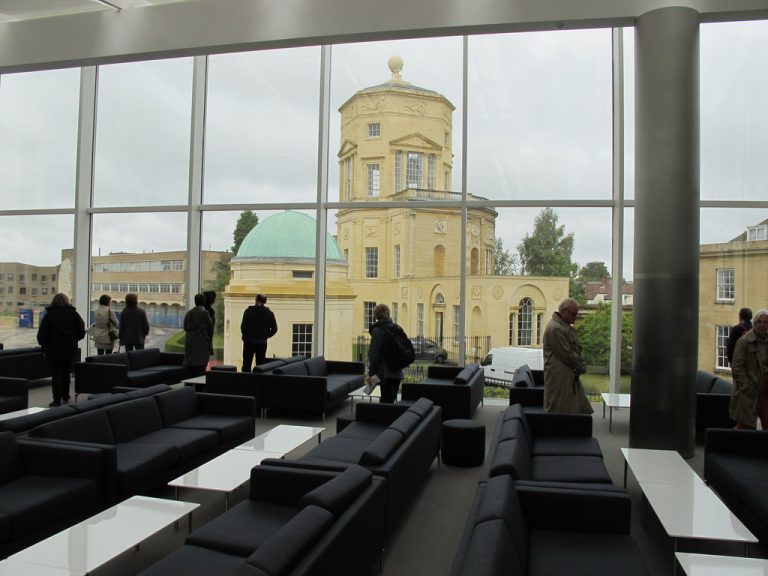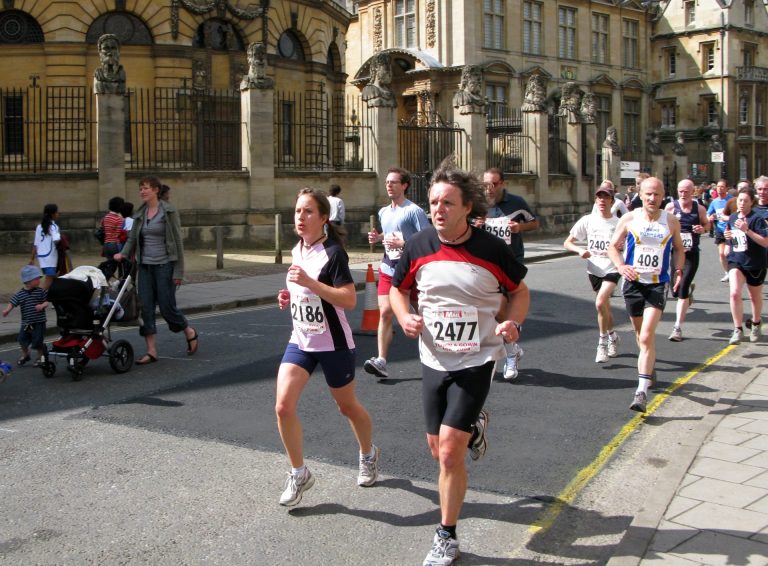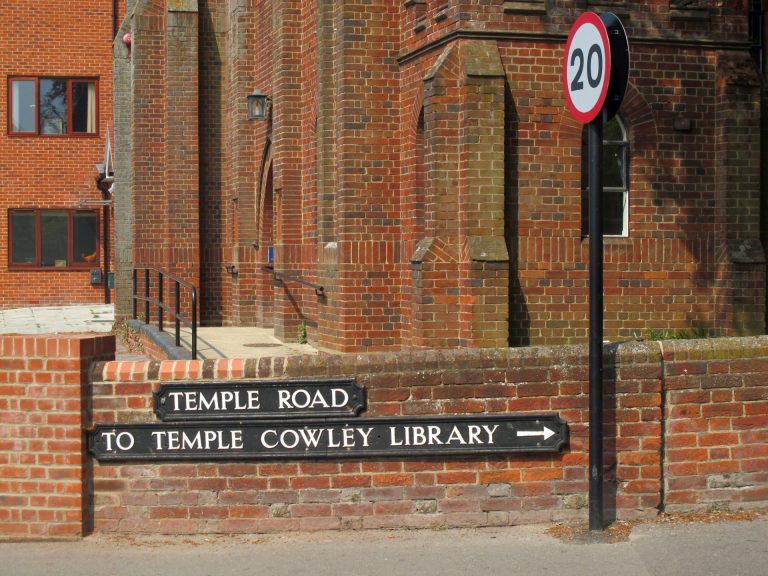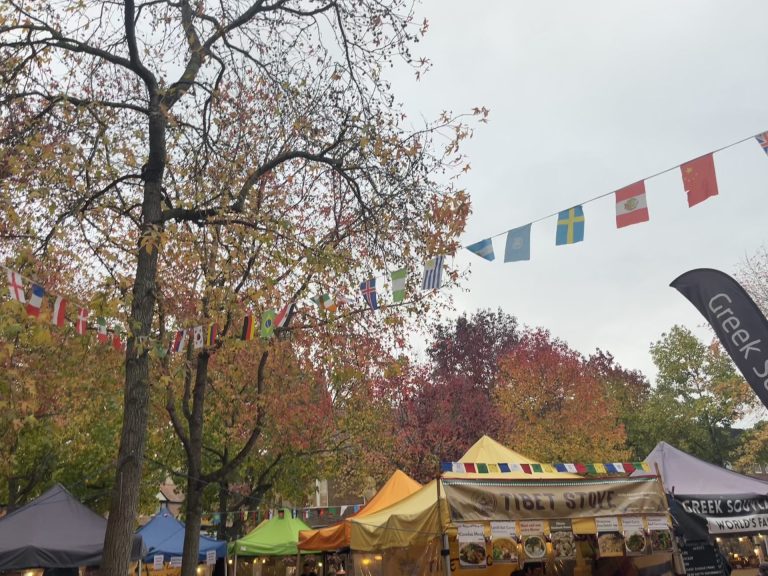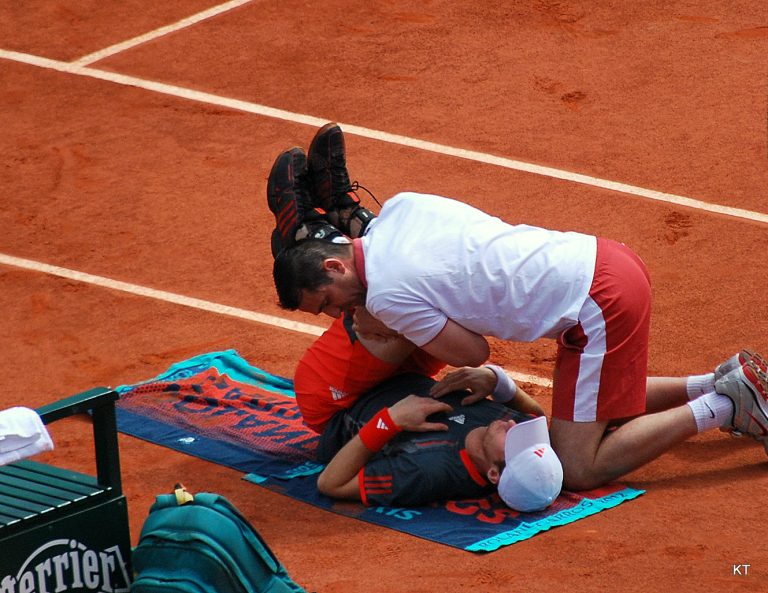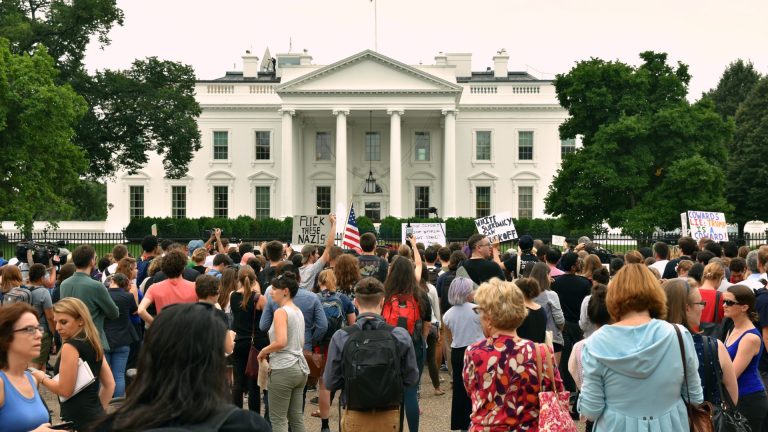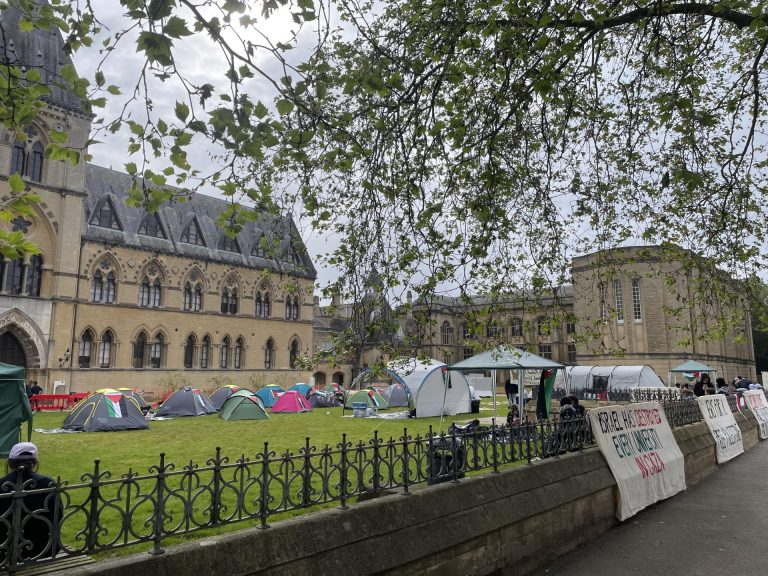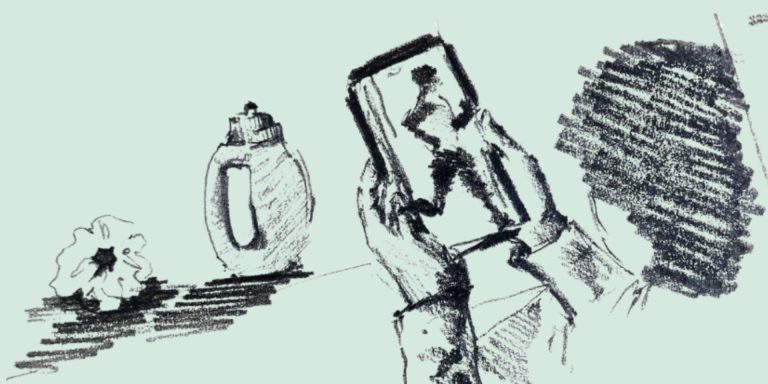An encampment has been constructed in Oxford in protest of Israeli action in Palestine and calling for the University to “end complicity with genocide”. Students, faculty, and staff have gathered to demand that the University reveal and divest funding into Israel and arms companies, as well as boycott all institutional connections with Israeli universities.
Positioned in front of the Pitt Rivers Museum, the encampment was established early Monday morning and is in coordination with a similar protest in Cambridge. It has been organised by the newly founded Oxford Action for Palestine (OA4P).
In a joint statement with Cambridge for Palestine (C4P), OA4P told Cherwell: “we refuse to accept our universities’ complicity in Israel’s war crimes against the Palestinian people – and we refuse to stand by while they justify Israel’s campaign of mass slaughter, starvation, and displacement.”
The encampment in Oxford comes after a string of similar movements at other universities across the world, including Yale, Harvard and UCLA, where 132 were arrested and rubber bullets used against the students.
A student participating told Cherwell: “It’s not even 10am and we’ve already had dozens of people join us in the building of a beautiful community in our Liberated Zone, and more people stream in from the street with each passing hour. It’s an honour to stand alongside people who care so deeply for Palestinian Liberation and demand that the genocide in Gaza must end.
“Our university is complicit in Israel’s genocide, occupation and apartheid – and as a coalition of students, staff and faculty we say no more [emphasis added by student]. After seven months of overwhelming support for Palestine on campus, we call on [the Administration] to take action that’s long overdue.”
The group has made seven demands of the University, primarily relating to the assets and investments held. They demand a disclosure of all University assets and a divestiture of all holdings in arms companies and companies “complicit in Israeli genocide, apartheid and occupation of Palestine”.
OA4P has said: “Oxbridge’s profits cannot continue to climb at the expense of Palestinian lives, and their reputations must no longer be built on the white-washing of Israeli crimes. Today we join the university students, faculty, and staff across the globe who refuse to continue business as usual while our institutions profit from genocide.”
It is also demanded that the University and its subsidiaries end all banking with Barclays. This comes after a protest in January outside the Oxford branch in protest organised by the Oxford Palestine Solidarity Campaign.
A boycott of institutional relationships with Israeli universities has also been demanded. This consists of the ending of exchange programs, joint projects and conferences. They also demand that the Univerisity “end research, career, and procurement partnerships with companies and institutions that are complicit in Israeli genocide, apartheid, or occupation.”
Demands relating to changes in University investment include adding an ethical restriction against investing in companies that are “complicit in Israeli genocide, apartheid, and occupation” and utilising an ethical investment review process to have decisions adhere to ‘justice-based guidelines’”.
The group demands the University provides financial and material means to rebuild Palestinian universities, establish a long-term task force to recommend how best to rebuild the higher education sector in Gaza and allocate resources to support Palestinian students such as exchanges, joint projects and scholarship programmes.
A University spokesperson said that they were aware of the demonstration, and stated that they “respect our students and staff members’ right to freedom of expression in the form of peaceful protests”, asking protestors to “do so with respect, courtesy and empathy.”
They further emphasised that the university’s primary focus was the health and safety of the community, and to ensure that any impact on work, research or exams are minimised: “As we have stressed in our student and staff communications there is no place for intolerance at the University of Oxford.”
The University also reiterated that the Museum of Natural History and the Pitt Rivers Museum remain open.
At 6pm, around 500 demonstrators attended a vigil held just outside the encampment. The aim of the vigil was to demonstrate solidarity with the healthcare and education workers of Gaza. The protesters say that their workplaces have been destroyed through Israeli bombardment.
Participants along the first rows at the vigil held placards with names of healthcare workers who have lost their lives as a result of the ongoing conflict.
The first speakers, in scrubs, began by reading out the names of the deceased healthcare workers, of which there have been around 200, to an audience in silence. Later speakers spoke of the dismantlement of Palestinian civil society, with chants of “no justice no peace” from the audience.
Update, 12th May 2024:
On the evening of 11th May, a group of six men arrived at the encampment, shouting abusive and threatening remarks at the protesters – including “terrorist” and “I’ll f*cking kill you”. They also accused a Jewish student in the encampment of being a “fake Jew,” according to video footage, available on Instagram @madeleine_observes as of 11th May. The group of men also pushed several encampment members trying to block their advance.
A statement from the encampment also alleges that the men destroyed banners, used “xenophobic and transphobic slurs” as well as “antisemitic language” targeting Jewish students. The statement furthers: “We are thankful no one was hurt, but we remain enraged at the politically-motivated fearmongering that jeopardised the safety of our campers…
“The incident falls squarely on the shoulders of Prime Minister Sunak, University Administrators, and irresponsible media, who all spent the week weaponising antisemitism to demonise campus protesters. In a shallow act of desperation, they’ve placed us in danger to distract from the fact that they are aiding and abetting Israel’s genocidal assault on Gaza.”


